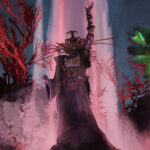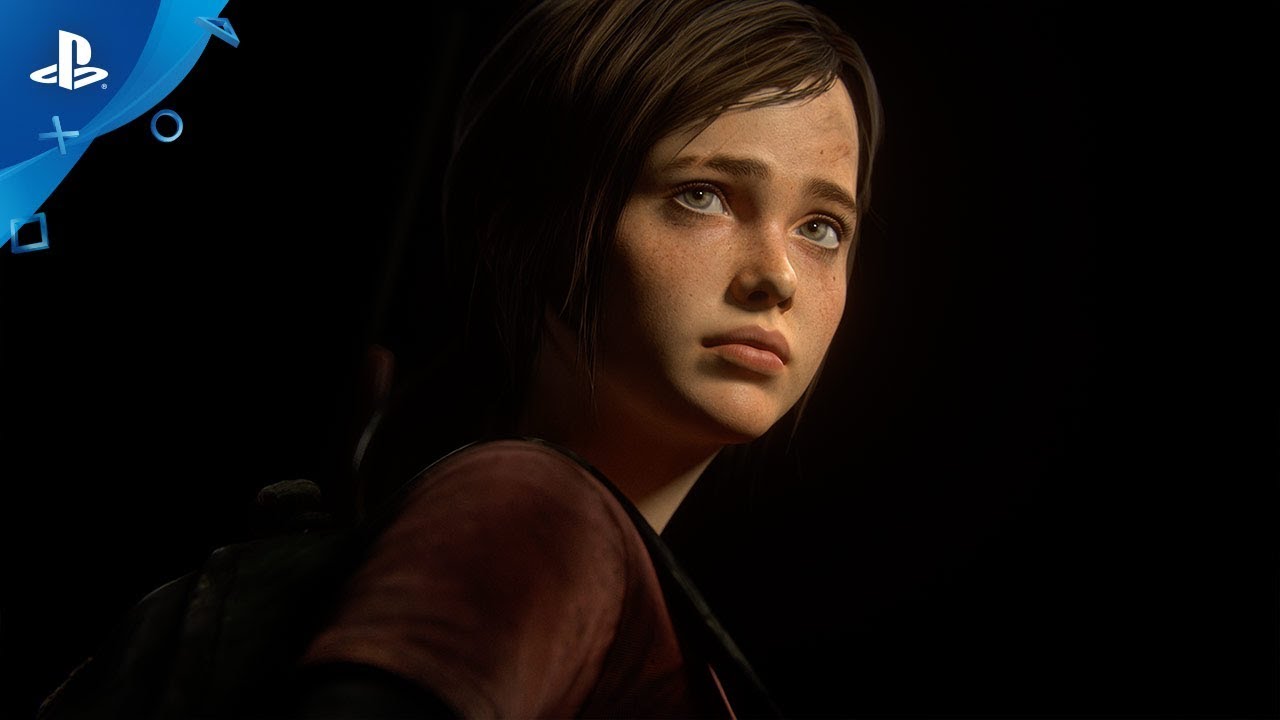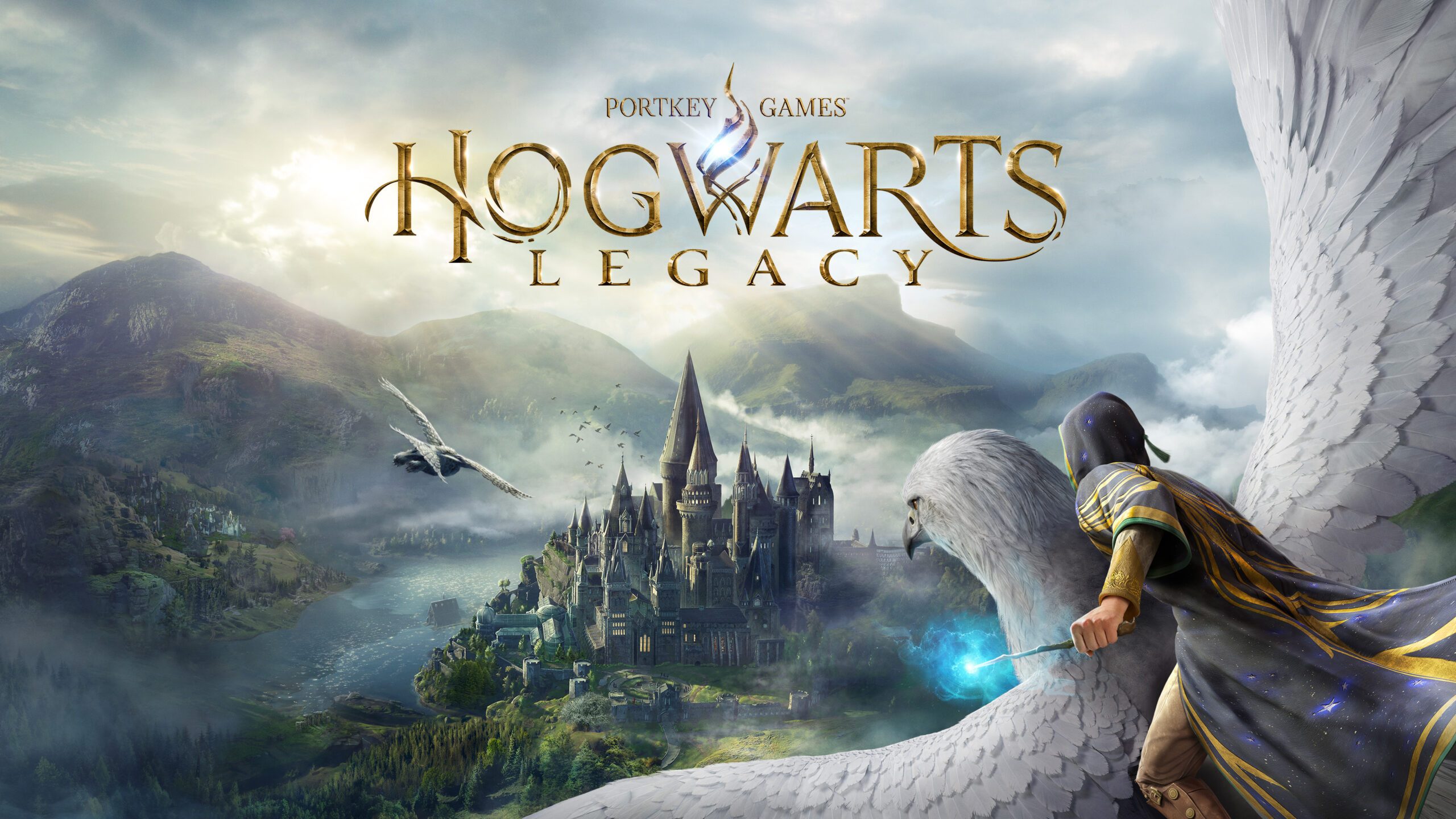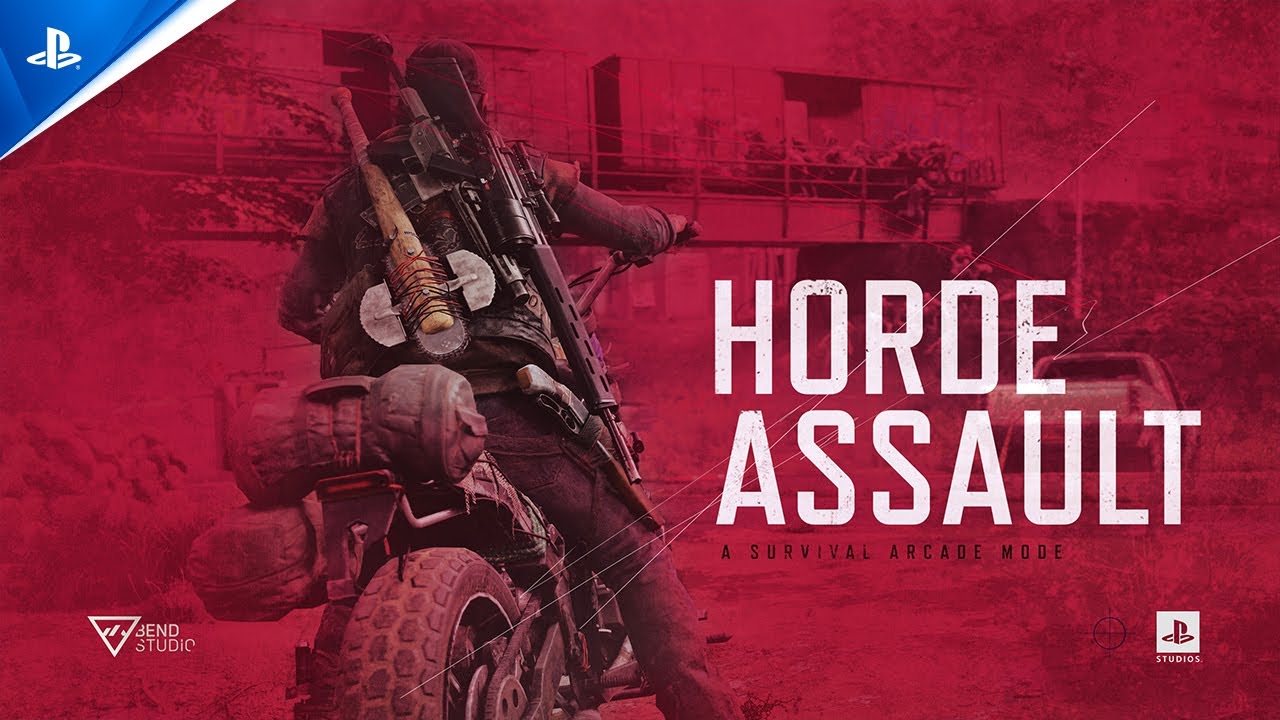Naughty Dog recently let a group of fortunate players go hands on with The Last of Us Part II. During the hours-long session we got to know Ellie’s more mature, vulnerable side, as well as her capacity for brutality. The dizzying highs of the sequel’s stunning visuals and captivating storytelling are matched by the guttural impact of its intentionally disquieting violence.
The appeal of The Last of Us Part II is more than a list of exciting new gameplay features, visual enhancements, and continued storylines.
Neil Druckmann, Director of The Last of Us Part II, sheds light on the ambitious sequel in an insightful interview.
First Ideas
When did The Last of Us Part II’s story come into focus? Druckmann chuckles at this question. He recalls a meal shared with the masterful actress behind Ellie, back in 2013.
“I met with Ashley Johnson and I pitched her the idea for Left Behind,” says Druckmann. “And I told her I had something else I was working on and I pitched her that idea. So she’s there in the restaurant crying, and I’m thinking ‘I hope people don’t think I’m doing something horrible.’ But that’s the first time I remember having some strong idea.”
As early as 2013, Druckmann had the basic beginning, middle, and end of the story in mind. That ending would ultimately change during the course of development.
“That’s how it starts. It’s a kernel of an idea. Then you bring more people in and it becomes a shared vision,” Druckmann says. “Video games are this collaborative medium and we all march towards this focused idea.”
The Evolution of Ellie
The series’ canvas shoe-wearing protagonist has changed a lot since her cross-country journey with Joel. “I think she’s really come into her own,” Druckmann says.
“In the first game she’s trying to find someone to rely on,” Druckmann says. “She tells Joel that ‘everyone I’ve ever known has died or left me, everyone except for you.’ She kind of latches onto Joel.”
Ellie and Joel’s relationship is strained at the beginning of The Last of Us Part II. Her new life in Jackson, Wyoming affords her a chance to make new connections with the survivors living there. And she’s grown especially close to one fellow resident.
“Dina becomes this best friend she’s now had for years,” Druckmann says. “They flirt with each other, but Ellie doesn’t quite know where this girl stands. We see that Dina feels very similarly to Ellie.”
Ultimately, Ellie’s relatively comfortable, “normal” life in this post-pandemic world isn’t destined to last. Druckmann alludes to a terrible incident that ignites Ellie on a deadly quest for revenge.
“Ellie wants to make it right by bringing the people responsible to justice, even if she has to go at it alone,” Druckmann says.
A New Infected Emerges
Many sequels come with the thrill of facing new challenges. But Naughty Dog doesn’t want to throw in new infected types for the sake of it. The studio has carefully thought out how the new Shambler – a grotesque mutation bursting with hazardous vapor – fits into the world’s lore.
“In the first game, there is all this documentation about the different stages [of the infection],” Druckmann says. “Now we have to justify why there are different stages. Why are there mutations of these things? Without getting into it here, there is something about the environment and how much time has passed that has allowed these mutations to occur.”
Shamblers do more than enrich the world of The Last of Us — they also thrust players into tense new combat encounters.
“We have Runners that close the distance quickly,” says Druckman. “We have Clickers that move slowly but are one-hit kills. Shamblers provide this area of attack, where they have this cloud of gaseous acid that burns materials around it. It burns your skin. The way you saw it in this demo is that they’re mostly on their own. It gets really interesting because you have a cloud that hurts you when you enter it, but it also blocks your view, then Runners burst through it. So the combinations get really interesting.”
Expanding the Grounded Gameplay Experience
Creating a grounded experience is a pillar of Naughty Dog’s vision. For this game, the team seeks to retain that principle while also expanding Ellie’s gameplay options with a wider variety of weapon customization, abilities, and mobility.
“We’re after a grounded experience, but that doesn’t mean reality one-to-one,” Druckmann says. “First of all, you don’t have all the inputs you’d have in real life. Your inputs are limited to a controller. So with that, how do we create systems and an aesthetic that feels grounded? So Ellie couldn’t kill as many people as she does in the demo in real life, but we need that number to create the tension. The tension is more important than a realistic body count.”
“And likewise with the system, if you had these weapons your life and death would rely on them,” Druckmann continues. “You would clean them, you would tend to them. So we created systems and aesthetic – we really zoom the camera in and show you the weapon and how she works them to improve them – to make you feel the connection she has to these instruments of death, in a way. What it means to survive in this world.”
In addition to challenging players’ skills, Naughty Dog is also adding new gameplay mechanics with the goal of eliciting an emotional response from players. For the first time in the series, Ellie will face animal threats.
“Dogs are a way to evolve human enemies to give them a new sense to sniff you out – no pun intended,” Druckmann says. “They can rely on the sense of smell and as Ellie moves around she leaves behind this [scent] trail that fades over time, but if the dog picks up the trailer he can find you wherever you’re hiding in a way that a human on their own can’t. But there is something when you kill a dog that makes you feel worse than when you kill a human.”
Believable Human Enemies
Fighting guard dogs is just one example of how Naughty Dog is making technical strides to create a more authentic and grim action game. The attention to detail in connecting players’ emotions with their in-game actions extends to human enemies.
“We want to treat violence as realistically as we can in an action game,” Druckmann says. “One example is that every human enemy in the game features a unique name, such as Omar, or Joe. For Naughty Dog, implementing this was a nontrivial task. “[This was] a big effort that required not only new tech, but a lot of recording investment …. The way they communicate is much more sophisticated.. We do that in order to make you feel it’s not just like an NPC or braindead obstacle.”
If you take out an enemy, their friends may scream their comrade’s name in grief. Overcome by emotion, enemies may also become enraged and unpredictable in combat. It all blends together to create a brutal, yet believable experience.
“Your thoughts are provoked in really interesting ways in the way some of the best stories are done.” says Druckmann says. “That’s what we’re striving for.”
Choosing When to Fight
Naughty Dog wants players to feel the consequences of Ellie’s actions more deeply, so it’s natural that some may wish to avoid unnecessary bloodshed. The team is accounting for that.
“We wanted to have whole sequences that you can be spotted, engage in some combat, and escape without clearing the area,” Druckmann says. “Likewise, we wanted to have way more sequences where you could ghost completely. It’s very challenging and very hard, but it’s possible to leave areas. Then there are certain situations where we want you engaged, we want you to partake in certain actions that are going to make you uncomfortable. But that’s part of the narrative,that’s part of Ellie’s journey.”
However, avoiding bloody combat encounters doesn’t mean you’ll totally miss out on interesting areas to explore.
“As you saw with Uncharted 4 and The Lost Legacy, we’re experimenting with much larger layouts,” Druckmann says. “We’re going to do that with this game, and find ways to use that to mirror the story. When we want tension to drop, and we want you to think ‘What do I do next? What do I want to explore here?’ We have that.”
Fearsome Fidelity
The Last of Us was a high watermark for PS3’s technical capabilities, which makes returning to this world with the power of PS4 even more enticing.
“Just as with The Last of Us, we were hitting the limits of memory, of computational power, how many enemies we could have on screen, and the size of levels,” says Druckmann. “Now we’re able to have much wider environments, sequences with a horde of infected, several squads of enemies looking for you in big spaces.”
“Likewise, Ellie has this whole new animation system called motion mapping. Not just Ellie, all the characters. It makes movement more responsive, but also more realistic at the same time. So I think Ellie is one of the best controlling and looking third-person action characters out there.
“The fidelity we can get in the faces and the motion capture — we can better translate what the actors are doing on stage into the game, and get these nuances so we can rely more on the way someone blinks or the way they squint instead of lines of dialogue. It allows the writing to be much more nuanced than it’s been before.”
A Message for PlayStation Fans
Gamers around the world are dying to get our hands on The Last of Us Part II. Where is Naughty Dog’s head?
“We’ve been on this journey for a few years now making this game,” Druckmann says. “We know we’ve been quiet, and we know how engaged our fans are and the PlayStation community is behind us. They inspire us in ways they’re probably not even aware of.”
“We’re on the home stretch and we’re so excited to finish this game. We’ve been very protective about what we’re showing, and even though people here are playing the demo and we’ve put out a story trailer, we’ve been very mindful not to spoil the story and what makes the story special, and what twists and turns are in store them. We just can’t wait for them to play it.”
The Last of Us Part II launches on PS4 February 21, 2020.









